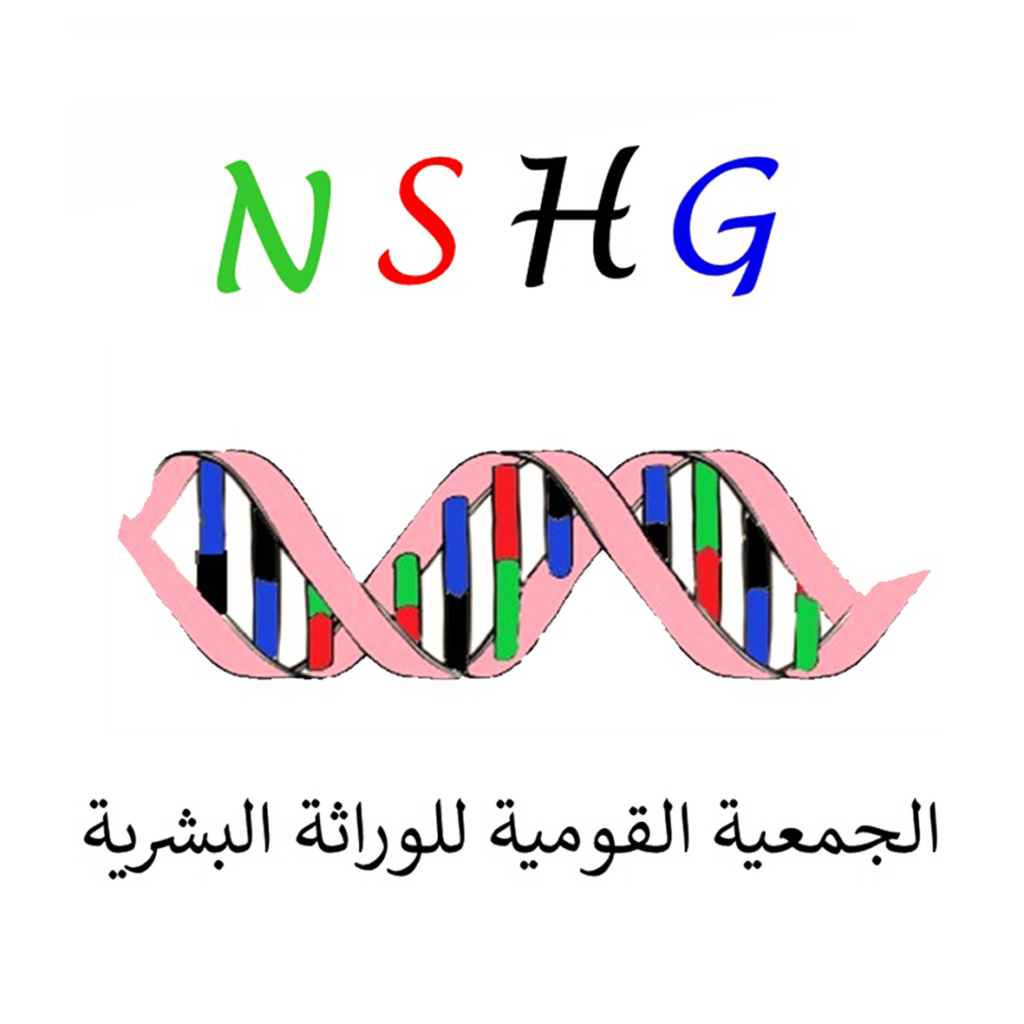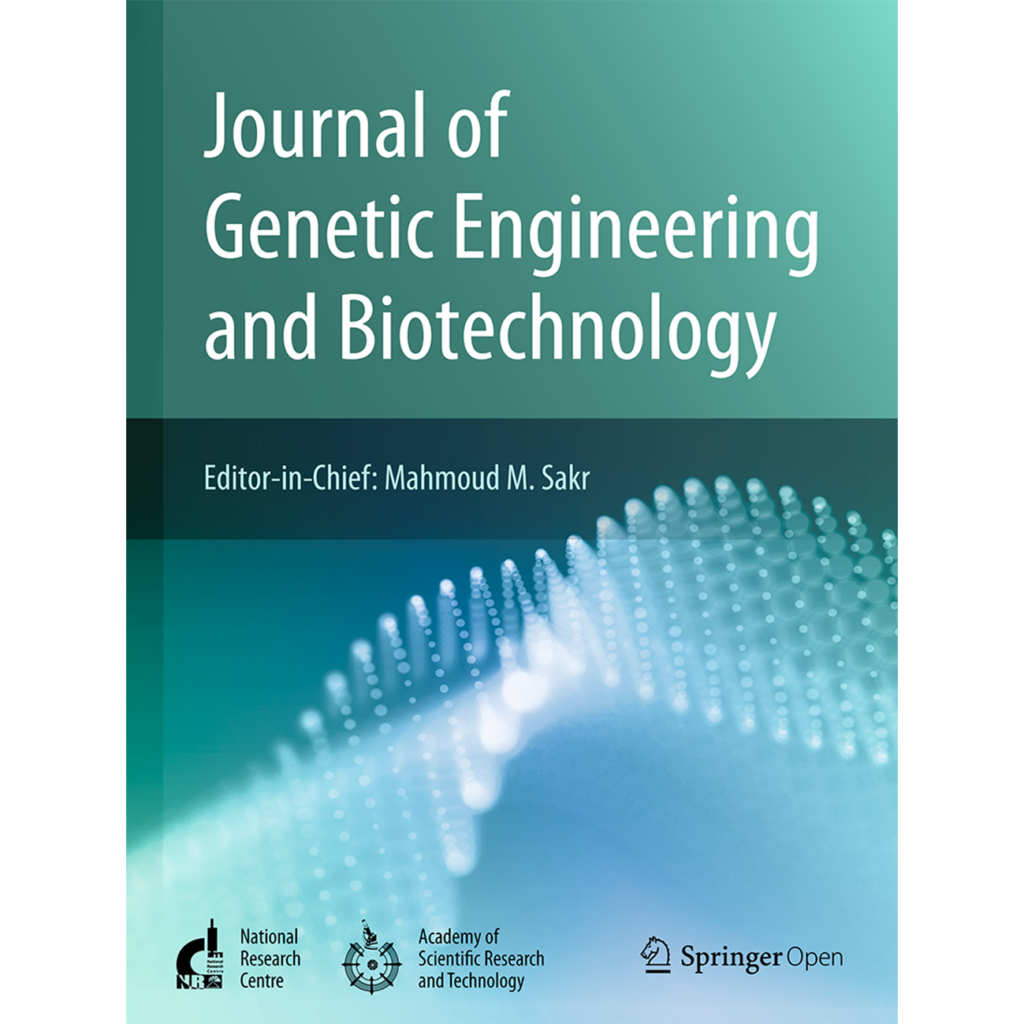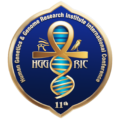Conference Program

Special Awards to the most outstanding Unpublished Abstracts

Three Awards to the most outstanding Unpublished Abstracts. 20,000 EGP, 10,000 EGP and 5,000 EGP to be used in publication fees, or as expenses to attend a scientific conference

Three Awards to the most outstanding Unpublished Abstracts. Publication in the journal free of charge, after fulfilling all the criteria required for publication
Abstract Submission Guidelines
The 11th Conference of the Human Genetics and Genome Research Institute invites you to contribute to its scientific content by submitting an abstract for possible inclusion in the conference program.
Please follow the abstract guidelines below, to help you through the submission process. Submit your abstract before the end date of submission (31st August 2025). And please mention whether you want it to be an oral presentation or a poster
Abstract Guidelines
- Please submit your abstract as a Word file.
- The abstract file name should be named clearly as follows, your first and surname, followed by the presentation title.
- Use Arial Font 12, single line spacing and full justification for the borders.
- Submit your abstract before the end date of submission (31st August 2025)
- Abstracts not in the correct format will be returned to the submitting author.
- The submitted abstracts are not editable, so make sure you are submitting the final revised version, otherwise, if you need to amend anything in your abstract, you will have to resubmit a new abstract.
- Each Candidate is allowed to submit only one abstract
Abstract Title
A brief title that clearly indicates the content of the contribution (maximum of 30 words).
Please avoid abbreviations in the abstract title. Abbreviations may be used if they refer to gene names using the standardized nomenclature, and in the body of the abstract if defined when first used. Do not use capitals or capitalize words that are not nouns.
Abstract Content
Please ensure that your abstract summarizes your entire contribution in one paragraph (maximum of 300 words). Do not use section headings, but ensure that the content is structured.
Diagrams, illustrations, tables, references and graphics are NOT permitted.
Qualities of a good abstract embodies the following structure:
- Uses an introduction-body-conclusion structure in which the parts of the report are discussed in order: purpose, research questions, methods, findings, conclusions, recommendations.
- Can be understood without reading the paper.
- Provides a condensed and concentrated version of the full paper.
- Does not contain citations.
- Does not contain lengthy background information.
- Should contain actual research results and should not be a study/research protocol only.
- Focus on the relevance, novelty and contribution to the field that the research is reporting.
Check grammar and spelling, sentence construction and punctuation before submission. Ensure that abbreviations are defined when used for the first time and then use the abbreviation in the rest of the abstract. Only use abbreviations if the term is used two or more times. Ask another person to carefully proofread and check your abstract for flow and content, as well as the details above.
Submit your abstract by sending an email to the below email address
Conference Tentative Sessions
Rare Diseases I and II
Genetics and Genomics of Complex Disorders and Cancer
Reproductive Genetics and Fetal Medicine
National Genome Projects, Biobanking and Population Genetics
Genomics Education and Societal Awareness
Genetics of Infectious Diseases
Bioinformatics and Computational Genetics
Genetic Testing and High Throughput Analysis in Precision Medicine
Conference Topics for Abstract Submission
Topics arranged alphabetically, please choose your topic of interest to submit abstract
1- Biochemical Genetics/Inborn Errors of Metabolism
2- Bioinformatics and Artificial Intelligence in Precision Medicine
3- Cancer Genetics and Genomics
4- Dental Genetics and Regenerative Medicine
5- Epigenetics
6- Ethics of Genomic Research
7- Forensic Genetics and Paleogenetics
8- Functional Genomics
9- Genetic Counseling
10- Genetic Epidemiology and Population Genetics
11- Genetics and Genomics of Complex Disorders
12- Genomics Education
13- Human Mitochondrial Genetics
14- Immunogenetics and Genetics of Infectious Diseases
15- National Genome Projects and Biobanking
16- Pharmacogenetics
17- Polygenic Risk Scores (PRS) and Predictive Genomics
18- Population Genetics
19- Rare Disorders
20- Reproductive Genetics and Fetal Medicine
21- Single Cell Genetics
22- Societal Engagement in the New Wave of Precision Medicine
